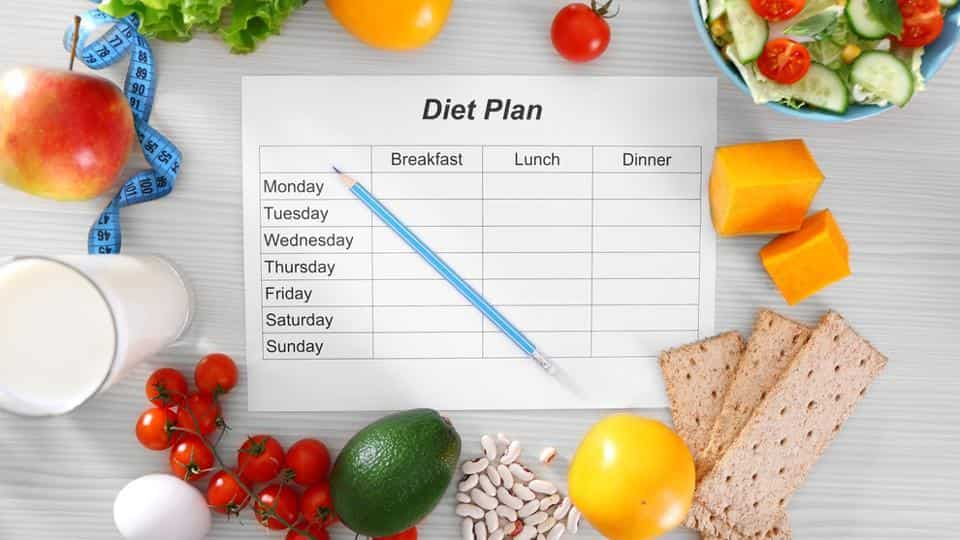Improving physical appearance is the commonplace reason many people decide to choose new diets to suit their lifestyle. If a diet can promise these results even quicker than expected, the diet can even become a phenomenon.
What makes most diets similar to others in the market is the emphasis on the quantity of foods, whether it’s necessary to analyze calories, macronutrients, or portion sizes.
It’s well researched that net energy balance of calories is the most important factor* in losing weight or burning fat, so this becomes the utmost priority in the many variables of weight management.
When quantity of food is prioritized, the quality of food within the diet tends to be neglected or misleading information is given that can confuse dieters.
Deceiving consumers is not always intentional, but without a proper understanding of nutrition and the human body any diet can be unhealthy in the long term.
The Deception Behind ‘Healthy Eating’
The term healthy is a broad connotation as it can used in context to serve many different purposes.
Someone can be healthy by outward appearance from BMI (body mass index), from the diagnosis of medical professional, or from the daily choices that individual makes concerning their diet.
Health is defined as freedom from disease or pain, so the decisions that we make daily should result in optimal health.
This means we should be free from internal issues that causes poor health; digestion and inflammation problems, hormonal deficiencies and imbalances, or low quality sleep.
Foods that promote good health are typically organic (pesticides/herbicides free), non-GMO, dense in nutrients and minerals, stimulates satiety, and degrades high insulin response in the blood.
Guidelines of a Typical Trendy Diet
Trendy diets tend to attract individuals looking for novelty and simple concepts that can deliver results quickly. Regardless of the extremity of the diet, the main focus is usually rapid weight loss.
Following the food principles of energy balance, most of these diets work in the short term and become popular because of the wide range of testimonials.
The main problem with many of these diets are the foods that are not restricted that create problems with long term health.
Foods and additives that create these health issues are processed vegetable oils, preservatives/chemicals, artificial sweeteners, and nutrition/mineral deficient foods (processed foods).
These foods are usually included into diet because of low calorie or sugar content and therefore can be marketed to consumers as ‘healthy’.
Some of these diets also have high carbohydrates macros, higher than amounts recommended in the Standard American Diet.
Trendy diets typically encourage frequent meal eating throughout the day as a method to boost metabolism and to prevent dieters from binging on food.
One of the consequences of following guidelines like this is impact to the body’s fat storage hormone, insulin. Whenever food is consumed, insulin is released to shuttle nutrients to the cells and keeping blood sugar levels low.
Individuals that frequently consume high carb meals throughout the day become carb dependent, which can lead to moods swings from low blood sugar levels after spiking insulin.
Frequent eating throughout the day has minor improvement on TDEE (total daily energy expenditure) in the body, but will encourage insulin resistance and visceral fat accumulation after a period of time.
Insulin resistance is the main precursor that leads to metabolic syndrome (high blood pressure, stroke, diabetes, and atherosclerosis) and impedes on long lasting good health that we strive to maintain.
The Wrap Up
Diets that can promise you fast or guaranteed weight loss results can be damaging to long term health if you’re misinformed about nutrition. There is a lack of education regarding the quality of foods that we consume regularly and many of the popular diets fail to address this. Doing a little research before trying any diet that you may interest you can go a long way and spare your long term health.



Leave a Reply
You must be logged in to post a comment.